Quick Links
- QB Graduate Program Faculty Members
- Student Members
QB students
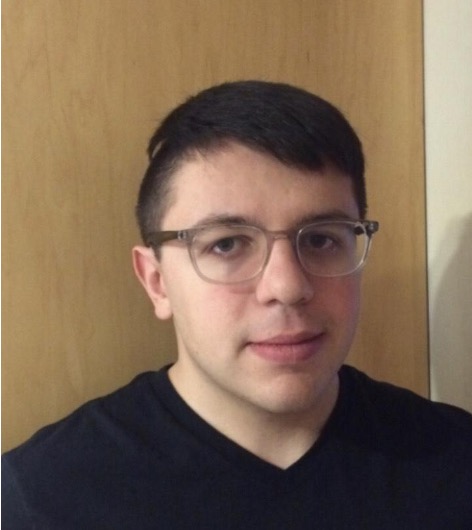 |
Jonathan Ash
B.S. in Biotechnology and Biomathematics
Rutgers University, School of Environmental and Biological Sciences, 2021 | Advisor: Sagar Khare Affiliation: Quantitative Biomedicine
I'm interested in building ML models that predict protein-protein interactions to accelerate and improve drug design.
|
Institute for Quantitative Biomedicine
Room 208M |
 |
James Atherton
B.S. Biology, Molecular Cell Physiology
Monmouth University (2013) | Advisor: Arek Kulczyk Affiliation: Quantitative Biomedicine
My current work in Dr. Kulczyk laboratory is focused on the workflow for structure determination of mitochondrial replicative proteins.
|
Institute for Quantitative Biomedicine
Room 208H |
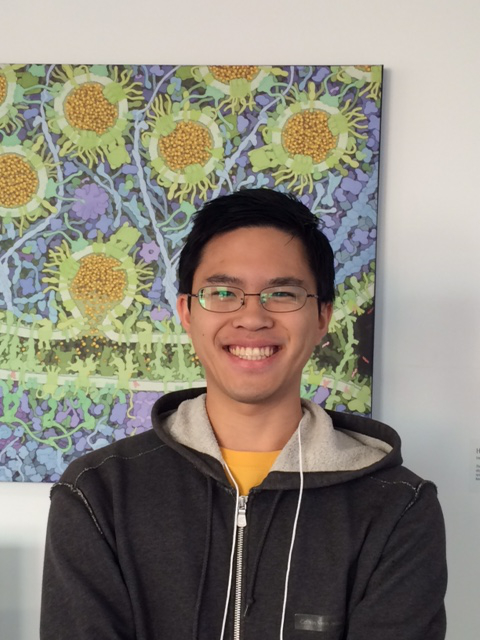 |
Larry Cheng
Pharm.D., Rutgers University (2014)
M.B.A., Rutgers University (2015) | Advisor: Bin Tian Affiliation: Quantitative Biomedicine
Studying alternative polyadenylation in the placenta and cancer by analyzing data derived from RNA sequencing technologies
|
New Jersey Medical School-University Hospital Cancer Research Center
Room F1240 |
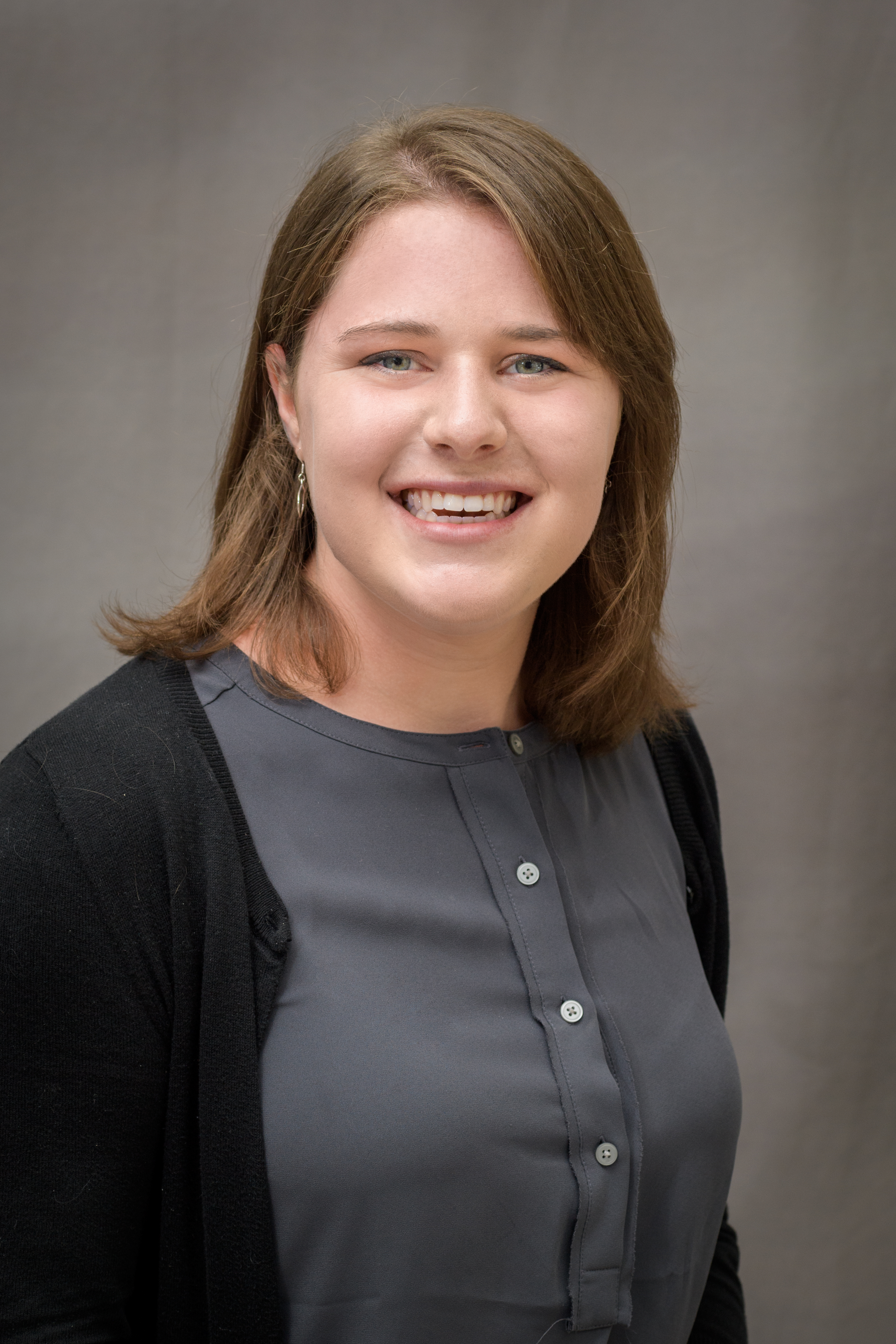 |
Megan Dilorio
B.S., Quantitative Biology University of Delaware
| Advisor: Arek Kulczyk Affiliation: Quantitative Biomedicine
Using cryo-electron microscopy to study DNA replication proteins
|
Institute for Quantitative Biomedicine
Room 208H |
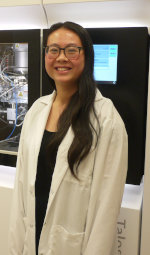 |
Jennifer Jiang
B.A. in Cell Biology and Neuroscience, Rutgers University
| Advisor: Wei Dai Affiliation:
Characterizing the 3D architecture of macromolecular machinery in their cellular environment using cryo-electron tomography (cryoET), correlative light and electron microscopy (CLEM) and focused ion beam (FIB)
|
Institute for Quantitative Biomedicine
Room 208G |
 |
Dan Liu
B.S., B.A., A.S, Pharm.D., M.B.A. etc)
M.S. in statistics University of Connecticut
| Advisor: Sijian Wang Affiliation: Quantitative Biomedicine
Develop and evaluate effective statistical methods to make causal inference and identify the biological mechanisms underlying complex diseases
|
Institute for Quantitative Biomedicine
Room 308D |
 |
Mudassir Lodi
B.S., Bioinformatics
Virginia Commonwealth University (2021) | Advisor: Dr. Jinchuan Xing Affiliation: Quantitative Biomedicine
My research interest focus on the development and implementation of computational, bioinformatics, and machine learning methods to investigate genetic variation in human disease, identify candidate risk genes, and aid the advancement of precision medicine.
|
LSB
Room 325 |
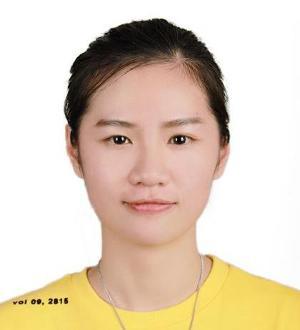 |
Changpeng Lu
B.S., Physics
Wuhan University (2018) | Advisor: Sagar Khare & Sijian Wang Affiliation: Quantitative Biomedicine
Protein design or prediction using deep learning models, such as graph convolutional neural network, generative models and structural biology data analysis using unsupervised learning methods and statistical methods
|
|
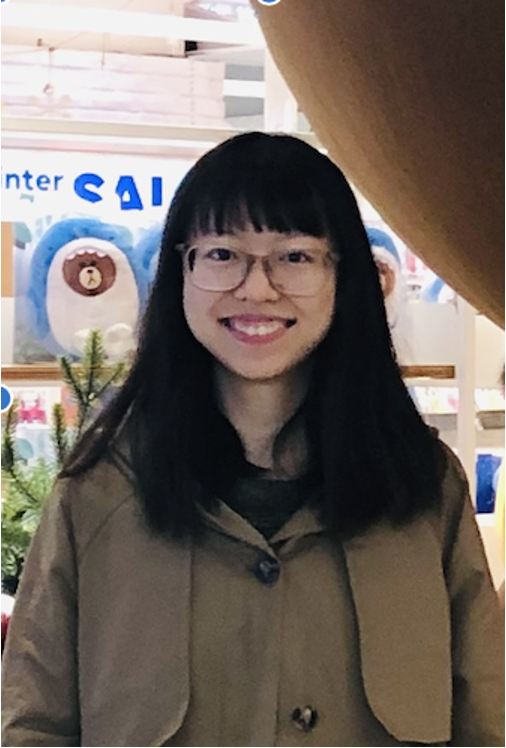 |
Xueyibing Lu
B.S. Biology
University of Minnesota - Twin Cities (2021) | Advisor: Not yet determined Affiliation: Quantitative Biomedicine
|
|
 |
Douglas Pike
B.A., Biology
Richard Stockton College of New Jersey (2005) | Advisor: Vikas Nanda Affiliation: Quantitative Biomedicine
Designing and characterizing peptides to simulate early-life redox reactions
|
Center for Advanced Biotechnology & Medicine
Room 138 |
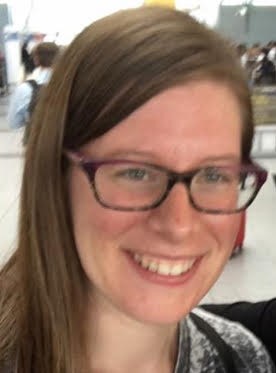 |
Elizabeth Rosenzweig
B.S., Bioinformatics
CUNY NYC College of Technology (2017) | Advisor: Derek Gordon Affiliation: Quantitative Biomedicine
|
|
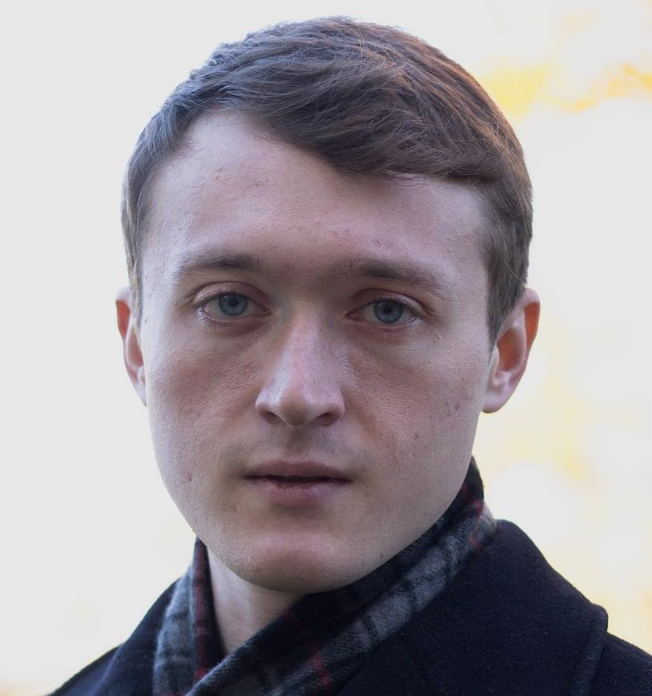 |
Jan Siess
A.S., Natural Sciences & Mathematics
Bergen Community College (2014) B.A., Biomathematics Rutgers University (2017) | Advisor: Vikas Nanda Affiliation: Quantitative Biomedicine
|
|
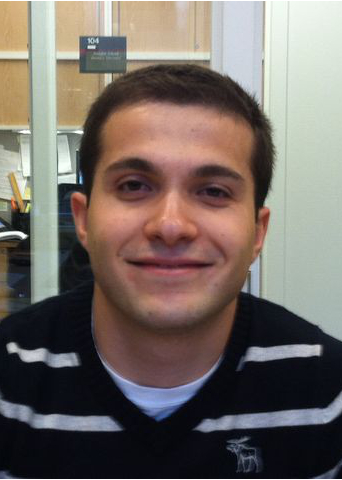 |
Stefjord Todolli
B.S., Biology & Chemistry
Lockhaven University of Pennsylvania (2010) | Advisor: Wilma Olson Affiliation: Computational Biology & Molecular Biophysics
Constructing a model for the linker histone and its interactions with nucleosomal and linker DNA
|
Wright Rieman Laboratories
Room A211 |
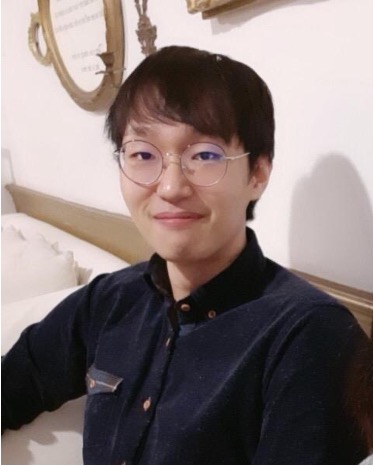 |
Geoffrey Yoo
BS in Biomedical Engineering
Johns Hopkins University (2017) | Advisor: Dr. Sijian Wang Affiliation: Quantitative Biomedicine
My research interest focuses on using deep learning to predict protein structure from sequence
|
Institute for Quantitative Biomedicine
Room 308D |
